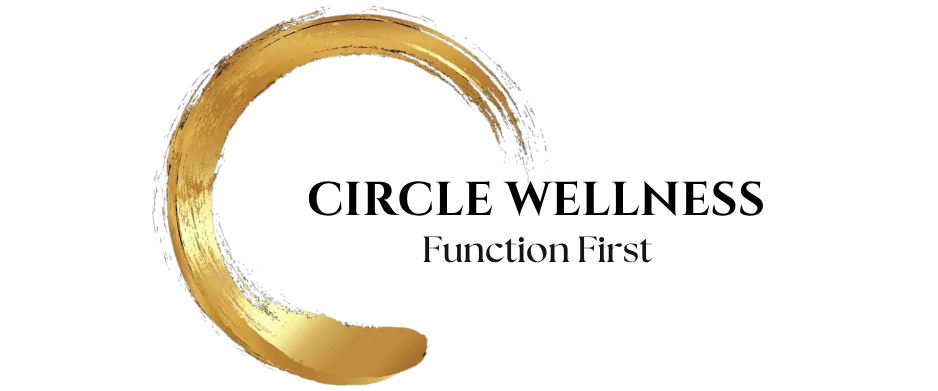Anxiety and Sleeplessness Often Go Hand in Hand —But Relief Is Possible
When your mind won’t slow down and your body can’t fully relax, rest becomes elusive.
Whether it’s racing thoughts, nighttime tension, or waking up at 3 AM wide-eyed—anxiety and insomnia can feel like a cycle that’s hard to break.
But your body isn’t broken—it’s overwhelmed.And with the right signals, it can remember how to reset.
Acupuncture offers one of the gentlest, most effective ways to soothe your nervous system naturally.By stimulating specific points on the body, it helps release stress, restore sleep rhythms, and bring your system back into balance—without medication or harsh side effects.
How Acupuncture Supports Anxiety and Sleep —Backed by Science

Acupuncture works by stimulating points along the body’s meridians (energy channels) to regulate the flow of Qi (vital energy). But its effects go beyond traditional theory.
Modern studies show acupuncture can:
- Lower cortisol (the body’s primary stress hormone)
- Boost serotonin and melatonin production for improved mood and sleep
- Activate the parasympathetic nervous system (“rest and digest” mode)
- Improve heart rate variability and reduce hyperarousal
- Reduce inflammation and muscle tension that keep the body on edge
When practiced regularly, acupuncture helps you shift from reactive to regulated—so your mind feels calmer, and sleep comes more easily.
Book a acupuncture session to quiet your mind or rest deeply.
Top Acupuncture Points for Anxiety and Insomnia Relief

Each of the points below is known for its calming effects. At Circle Wellness, our licensed practitioners use them—along with a personalized treatment plan—to help your nervous system soften and reset.
1. Yin Tang (Third Eye Point)
This point is deeply calming and commonly used for stress, tension headaches, and insomnia.
Effect: Quiets mental chatter, relieves forehead tension, and supports deeper relaxation.
2. Heart 7 (Shenmen or “Spirit Gate”)
Used to calm anxiety, restlessness, and emotional distress.
Effect: Nourishes the heart, settles the mind, and helps with palpitations and nervous tension.
3. Pericardium 6 (Neiguan)
Often used for anxiety, nausea, and sleep disruption.
Effect: Opens the chest, eases emotional tightness, and regulates nervous energy.
4. Kidney 1 (Yongquan or “Bubbling Spring”)
Grounding and restorative—perfect for overthinking and insomnia due to a busy mind.
Effect: Pulls energy down from the head, anchors the nervous system, and calms overactivity.
5. Anmian (Peaceful Sleep Point)
Specifically used for insomnia and nighttime anxiety.
Effect: Encourages sleep onset, reduces night waking, and soothes agitation.
6. Ear Shenmen (Auricular Acupuncture)
Often used in auricular acupuncture protocols for stress, addiction, and sleep.
Effect: Regulates the nervous system, eases emotional overwhelm, and enhances treatment results when paired with body points.
Build strength with intention not just reps. Our men’s yoga sessions are designed to challenge, not soften.
What to Expect During a Calming Acupuncture Session
At Circle Wellness, your session begins with understanding—not just a list of symptoms.
We’ll discuss how anxiety shows up in your life, how sleep feels, and where your body holds tension.
Your customized session may include:
- Fine, sterile needles placed at specific points for 20–30 minutes
- Soothing music and dim lighting to support relaxation
- Optional add-ons like auricular acupuncture, cupping, or guided breathwork
Most clients report feeling calmer even after the first session—with deeper, more restorative sleep following over the next few days.
FAQs Acupuncture for Anxiety and Insomnia

1. Is acupuncture safe for treating anxiety and sleep issues?
Yes. Acupuncture is a gentle, drug-free way to regulate your nervous system and is widely used to treat both conditions.
2. How soon will I feel results?
Many people feel calmer after just one session. Lasting relief typically develops with consistent sessions over 3–6 weeks.
3. Do I need a specific diagnosis to get treated?3. Do I need a specific diagnosis to get treated?
No. You can receive acupuncture for general stress, sleep issues, or emotional imbalance—regardless of diagnosis.
4. Are the needles painful?
Not at all. Most people feel only a slight tap or nothing at all. Many even fall asleep during their session.
5. How long do treatments last?
Sessions usually last 45–60 minutes, including intake, treatment, and post-care discussion.
6. Will I need acupuncture forever?
Not necessarily. As your nervous system stabilizes, many clients reduce frequency or use acupuncture seasonally for maintenance.
7. Can this be combined with therapy or medication?
Yes. Acupuncture is often used alongside counseling, lifestyle changes, or medication with excellent results.
8. What makes Circle Wellness different?
We take an integrative, whole-person approach—blending traditional acupuncture with modern wellness techniques for mind-body healing.
9. Do you treat high-functioning anxiety?
Absolutely. We support many clients who feel fine on the outside but constantly overwhelmed internally.
Calm Is a Practice—And Your Body Is Ready
You don’t have to wait until stress steals another night of sleep.
You don’t need to fix everything at once.
You just need a quiet place to begin again.
Acupuncture helps your body remember what safety feels like.
What stillness feels like.
What it’s like to fall asleep easily, stay asleep deeply, and wake up truly rested.







